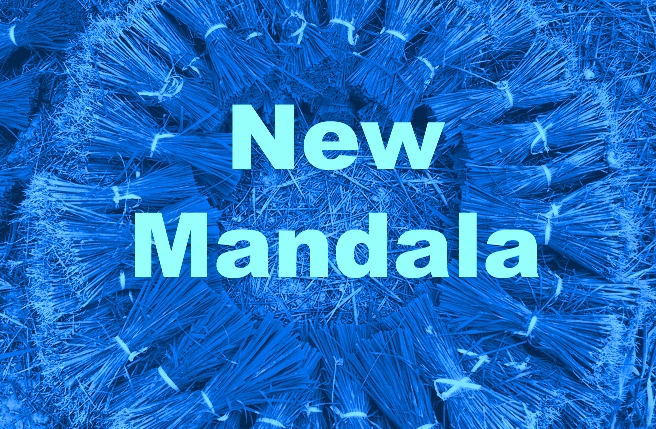When referring to mainland Southeast Asian states such as Myanmar, Vietnam, Cambodia and Laos, journalists and scholars have often made claims about a state’s comparable reclusiveness. For example, we often hear that such-and-such a state or regime is ‘the most reclusive’ or ‘the most closed’.
Can these really be useful or valid statements?
Making claims about comparative political space may not be so easy, especially nowadays when change is occurring so obviously and rapidly, and free communication (not to mention economic integration) is a reality in most parts of the region.
In Myanmar and Vietnam change is apparently (I say ‘apparently’ to acknowledge the important arguments of Bertil Lintner) afoot. New Mandala has provided extensive coverage of the rapid changes and increasing openness occurring in Myanmar, while for Vietnam-watchers, there has been comparatively more political change occurring there than many have noticed. This is not to say that the government in Hanoi is becoming transparent and open, but more that there has been gravitation towards reform, and thus, a change in political opportunities for citizens.
In Cambodia, too, there has gradually been an increase in political space for citizens. The government of Hun Sen is even somewhat open to being criticised in the print media, though, of course, this does not mean the government is unable to prevent criticism. For instance, the editor of one paper, Samleng Yuvachun, contentiously began working for the Cambodian People’s Party after criticising the party in the lead up to the 2008 elections. Media such as this clip of Doung Kea, an aggrieved sufferer of forced relocation in Phnom Penh, are also able to surface readily.
Even with heavy censorship, we are often able to ascertain an opposing view. I am sure we could find out if there were any consequences for Doung Kea’s vehement outrage. The ability to do so indicates that there is an openness which belies the need for labeling an entire state closed or reclusive.
*********
Not even Laos, perhaps now the most likely candidate for the ‘most closed/reclusive state’ tagline these days is exempt from Internet engendered reform. Though there have been some market-oriented reforms, perhaps, as per usual, occurring in line with those across the border in Vietnam, the Lao government in 2012 remains ‘closed off’. Nonetheless, its longstanding veil of secrecy is also beginning to fray.
A recent leak of the proceedings from the ASEAN Intergovernmental Commission on Human Rights conference held at the ministerial meeting in Siem Reap earlier this year makes for intriguing reading. The commentary from Laos (and other states) in the proceedings is perhaps not all that revelatory to those habitually peering at these matters, but it is interesting to see the official Lao position on human rights revealed explicitly in the media:
Commenting on the duties and responsibilities of the Asean member States, Laos said the “realization of universal human rights” must be in the context of “regional and national particularities” such as political, economic, social, cultural, historical and religious backgrounds. Laos’ position is contrary to the more expansive wording drafted by the Asean Secretariat that “…it is the duty of member states, regardless of their political, economic and cultural systems, to promote and protect all human rights and fundamental freedoms.”Laos is also proposing the inclusion of a “national security” and “public morality” trigger to override claims to universal human rights and freedoms, perhaps fearful of an erosion of national security and moral principles. “The exclusive insistence on rights can result in conflict, division, and endless dispute and can lead to lawlessness and chaos,” Laos said.
Another recent report from the international non-government organisation International Rivers reveals that, with Thai Banks acting as enablers, construction on the increasingly infamous Xayaburi hydropower project is continuing despite the fact that the governments of the Mekong River Commission not yet deciding whether to proceed with construction after a moratorium last year. Perhaps those in charge of making this decision have already seen the projected impact analysis before anyone else and have concluded that there would be no projected ‘conflict, division, and endless dispute’, ‘lawlessness and chaos’ leading to further human rights abuses in all four Mekong River Commission states, and have thus decided to continue with construction.
 Facebook
Facebook  Twitter
Twitter  Soundcloud
Soundcloud  Youtube
Youtube  Rss
Rss 